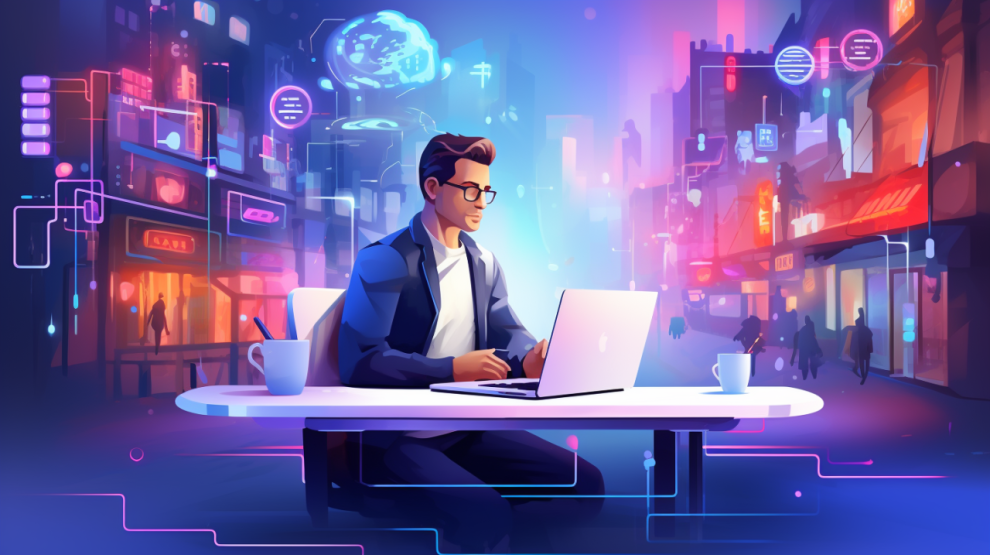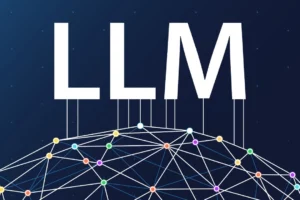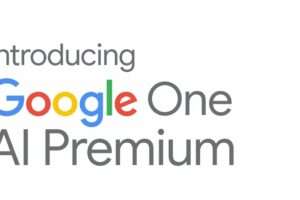The relentless march of technology has forever altered the landscape of work. From the Industrial Revolution’s steam engines to the digital revolution’s computers, each technological leap has brought with it a wave of automation, displacing some jobs while creating new ones. Today, we stand at the precipice of another transformative era, one driven by artificial intelligence (AI).
AI’s Growing Reach:
AI is rapidly permeating nearly every facet of our lives, from facial recognition software unlocking smartphones to self-driving cars navigating city streets. In the workplace, AI is poised to fundamentally reshape the employment landscape in several ways:
Automating Repetitive Tasks:
AI excels at handling repetitive, data-driven tasks, such as data entry, bookkeeping, and assembly line work. These jobs, once performed by humans, are increasingly being automated, leading to potential job displacement in certain sectors.
Augmenting Human Capabilities:
AI can act as a powerful tool to augment human capabilities, making workers more efficient and productive. For example, AI-powered sales forecasting tools can help salespeople prioritize leads and close deals more effectively.
Creating New Job Opportunities:
While some jobs may be lost to automation, AI is also creating new opportunities in fields like AI development, data science, and cybersecurity. These specialized roles require skills in working with and managing these powerful technologies.
Navigating the Changing Landscape:
The rise of AI presents both challenges and opportunities for the workforce. To navigate this changing landscape effectively, individuals and policymakers alike must take proactive steps:
Investing in Reskilling and Upskilling:
Workers whose jobs are at risk of automation must be equipped with the skills and knowledge needed to transition to new roles. Governments and educational institutions can play a crucial role in providing affordable reskilling and upskilling programs.
Promoting Human-AI Collaboration:
The future of work lies not in replacing humans with robots, but in fostering effective collaboration between the two. By leveraging AI’s strengths and focusing on uniquely human skills like creativity, critical thinking, and social intelligence, we can create a more productive and fulfilling work environment.
Ensuring Ethical Development and Deployment of AI:
As AI becomes more prevalent, it’s crucial to ensure its development and deployment are guided by ethical principles. This includes addressing concerns about bias, transparency, and accountability in AI systems.
A Time for Transformation:
The next wave of automation driven by AI is not simply an economic or technological shift; it represents a fundamental transformation of the human-work relationship. By embracing lifelong learning, fostering human-AI collaboration, and prioritizing ethical considerations, we can ensure that this transformation leads to a future of work that is not only productive and efficient but also inclusive and equitable for all.
Remember, the impact of AI on the workforce will vary across different industries and job roles. Some sectors, such as manufacturing and transportation, are likely to see significant automation, while others, such as healthcare and education, are likely to see AI augmenting human capabilities. The key is to be prepared for change and to embrace the opportunities that AI presents while mitigating the potential risks.
I hope this blog post provides a helpful overview of how AI is changing the workforce. If you have any further questions or would like to discuss this topic in more detail, please feel free to leave a comment below.
















Add Comment